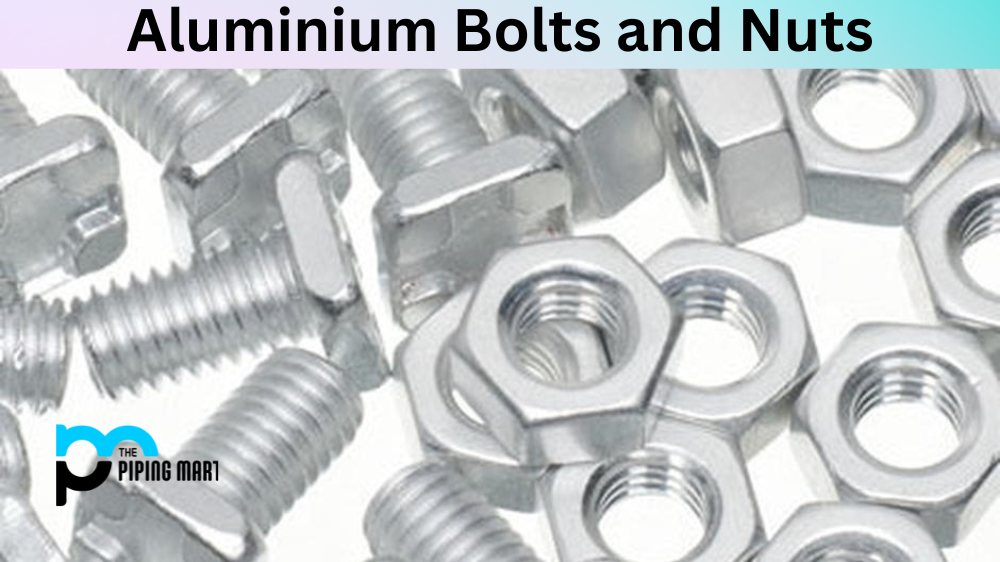In the realm of construction, manufacturing, and DIY projects, fasteners and screws play a vital role as crucial components. These apparently simple elements are foundational to the assembly of countless buildings and devices. Grasping the evolution of fasteners and bolts not just highlights their significance in contemporary technology but also reveals the complex designs and innovations that have appeared over time. From their initial versions to today's diverse range of unique components, the journey of fasteners and screws is a captivating testament of human creativity and utility.
While we dig deeper into this subject, we will explore the different types of fasteners and screws, their unique applications, and important considerations to consider when choosing the right fastener for your project. Whether you're a seasoned expert or a DIY lover, having a comprehensive understanding of different components can make a significant difference in the outcome and longevity of your work. Come us as we travel through the nuances of fasteners, screws, and the related components, providing you with the information needed to make informed decisions for your upcoming project.
Types of Nuts and Bolts
Nuts and bolts are vital components used in diverse uses, all designed to serve particular goals. The most common type of fastener is the hexagonal bolt, noted for its hex head, which makes it easier to adjust with a wrench. Another frequently used choice is the carriage bolt, which features a rounded head and a quadrate neck that stops the fastener from rotating after installation. Lag screws, also known as lag screws, are specifically made for heavy applications, providing a durable hold in wood and other materials.
Nuts also come in various styles, all tailored for specific uses. Standard hex nuts are widely used and compatible with numerous types of bolts, while locking nuts are designed to prevent the loosening of nuts due to shaking. Flange nuts, featuring a integrated washer, distribute the load over a larger area and reduce the risk of harm to the material. Understanding these different types helps in choosing the right connector for a project, guaranteeing a safe and durable connection.
For specialized needs, unique fasteners are available, such as nylon locking nuts that provide an added layer of safety by preventing the movement of threads. Additionally, security fasteners, like anti-tamper nuts and bolts, are essential in cases where unauthorized access is a concern. By learning with the various types of fasteners, you can make educated choices that enhance the efficiency of your construction or fixing projects.
Materials and Coatings
The materials employed in fasteners and bolts serve a vital role in determining their strength, durability, and fit for various uses. Steel is the most common material because of its high tensile strength and adaptability. It’s commonly used in structural and vehicle applications. For environments exposed to moisture or corrosive elements, stainless steel is favored for its protection to oxidation and corrosion, making it perfect for outdoor projects. Bolts and Nuts and titanium are additionally used, with copper alloy being suitable in electrical work due to its ability to conduct electricity, while titanium offers a excellent strength-to-weight ratio, making it popular in aerospace and performance-driven contexts.
Coatings are also crucial as they enhance the performance and duration of fasteners. Zinc coating, for instance, provides a barrier against oxidation and is frequently found on bolts used in environments where moisture is available. Zinc-coated fasteners, which undergo a stronger coating process, offer enhanced corrosion resistance, making them suitable for industrial outdoor applications. Additionally, powder finish can provide both aesthetic appeal and functional protection against wear and corrosion.
Picking the suitable material and coating is essential for enhancing the effectiveness of fasteners. Considerations such as the conditions, load requirements, and contact with chemicals must be considered. For example, selecting coatings that resist corrosion like PTFE or nylon can significantly increase lifespan in harsh conditions, while choosing a specific material can ensure the fasteners can withstand the essential pressure and weight loads in their planned applications.
Specialty Fasteners
Unique fasteners play a crucial role in various applications where regular nuts and bolts may not suffice. For example, tamper-proof fasteners are created to stop unauthorized access or removal, making them ideal for security-sensitive installations. These distinct nuts and bolts often demand specific tools for installation and removal, adding an extra layer of security in environments where safety is a priority.

Another notable category is anchor bolts, which are essential in construction for securing structures to concrete foundations. They deliver stability and strength, especially in heavy-duty projects. When selecting anchor bolts, it is necessary to consider factors such as the type of load they will bear and the environment in which they will be used, making sure that they provide the necessary support for long-lasting performance.
In addition to security and construction applications, there are also unique fasteners like nylon lock nuts. These nuts feature a nylon insert that locks the nut in place, stopping it from loosening due to vibration or movement. Their special characteristics make them suitable for different machinery and automotive repairs where keeping tight connections is crucial for operational safety and efficiency.
